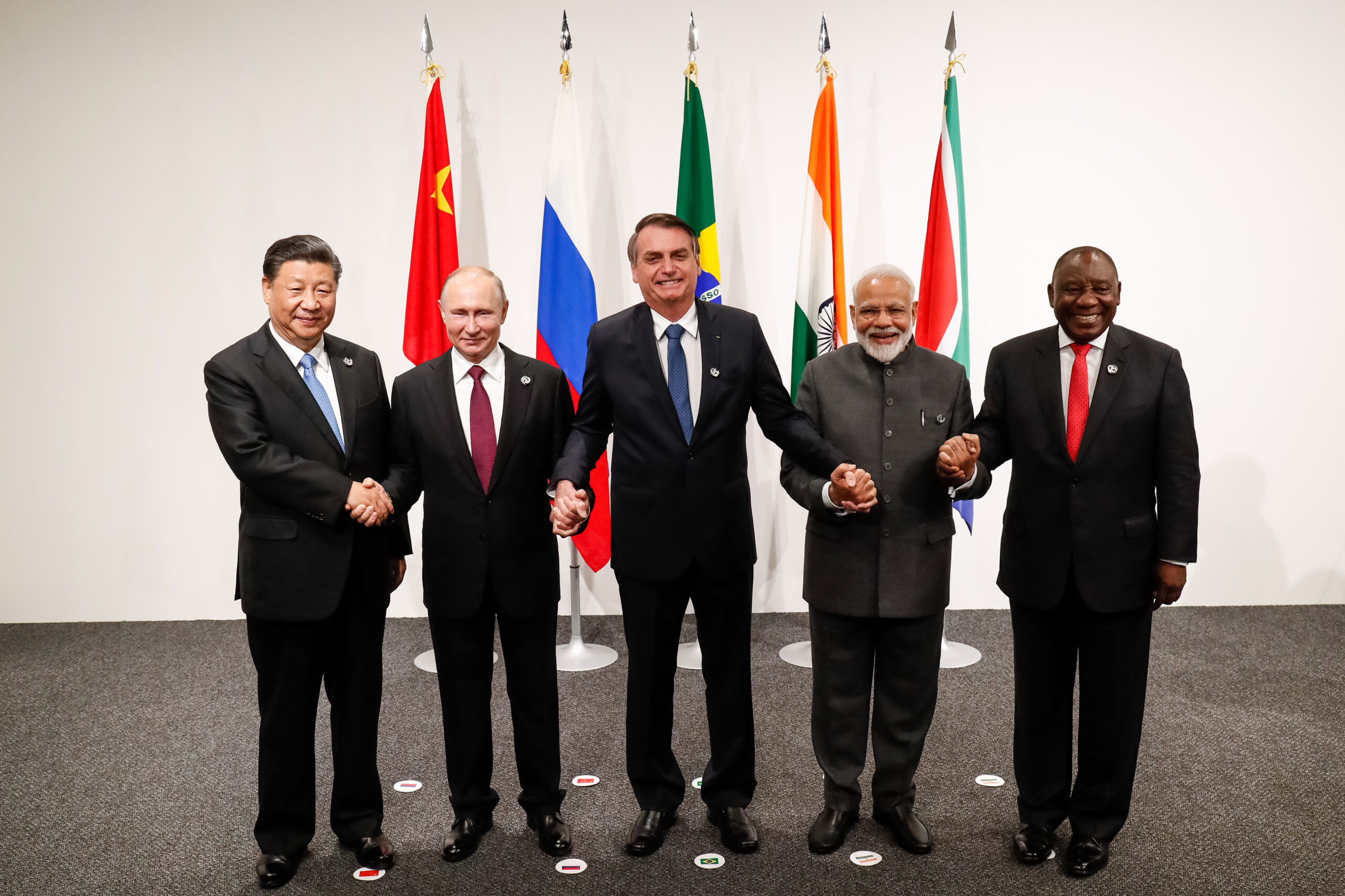In preparation for the upcoming BRICS summit to be held in August, South Africa has announced its decision to provide diplomatic immunity to attendees of the meetings, including Russian President Vladimir Putin. The government asserts that granting diplomatic immunity to participants is a routine practice. However, this move has drawn attention and scrutiny, particularly in light of the ongoing controversy surrounding Russia’s invasion of Ukraine. The South African government’s stance on this matter has raised concerns about potential sanctions and their dire consequences, as warned by the central bank.
The decision to offer diplomatic immunity to BRICS summit attendees aims to ensure a conducive environment for fruitful discussions and negotiations during the gathering of member nations. This practice aligns with established diplomatic protocols observed by host countries during international meetings and summits. However, given the current geopolitical context and the gravity of the situation in Ukraine, the South African government’s decision has sparked debate and controversy.
The prospect of facing sanctions due to its stance on Russia’s actions in Ukraine has become a pressing concern for South Africa. The central bank has issued warnings about the potentially dire consequences that could arise if the country were to face economic sanctions as a result of its position. Such sanctions could adversely impact the South African economy, affecting trade, investments, and financial stability.
Amidst these developments, the New Development Bank (NDB), established by the BRICS nations (Brazil, Russia, India, China, and South Africa), is embarking on an expansion of its membership. This strategic move aims to counter the influence of Western-dominated multilateral banks and promote a more inclusive global financial architecture. By widening its membership, the NDB seeks to strengthen collaboration among emerging economies, foster economic development, and provide alternative financing options for infrastructure and sustainable development projects.
Expanding the membership of the NDB reflects the collective determination of BRICS nations to enhance their influence on the global stage and address the unique challenges faced by developing economies. By pooling resources, expertise, and financial capabilities, member countries aim to foster economic growth, improve infrastructure, and support sustainable development initiatives in their respective regions.
As South Africa prepares to host the BRICS summit, diplomatic discussions and negotiations will undoubtedly shape the agenda. The granting of diplomatic immunity to attendees serves as a mechanism to facilitate open and constructive dialogue during the summit. However, the decision has also sparked concerns and debate regarding its implications in the context of the ongoing Ukraine crisis.
The expanding membership of the NDB underscores the collective aspirations of BRICS nations to forge stronger economic ties and create a more equitable global financial landscape. As the NDB continues to evolve and broaden its reach, it presents an opportunity for member countries to foster greater cooperation, innovation, and development in areas critical to their growth and well-being.
The upcoming BRICS summit in South Africa will serve as a platform for leaders to address key global challenges, promote sustainable development, and strengthen collaboration among emerging economies. The discussions and outcomes of the summit will shape the future trajectory of BRICS cooperation and have far-reaching implications for the participating nations and the global community as a whole.

